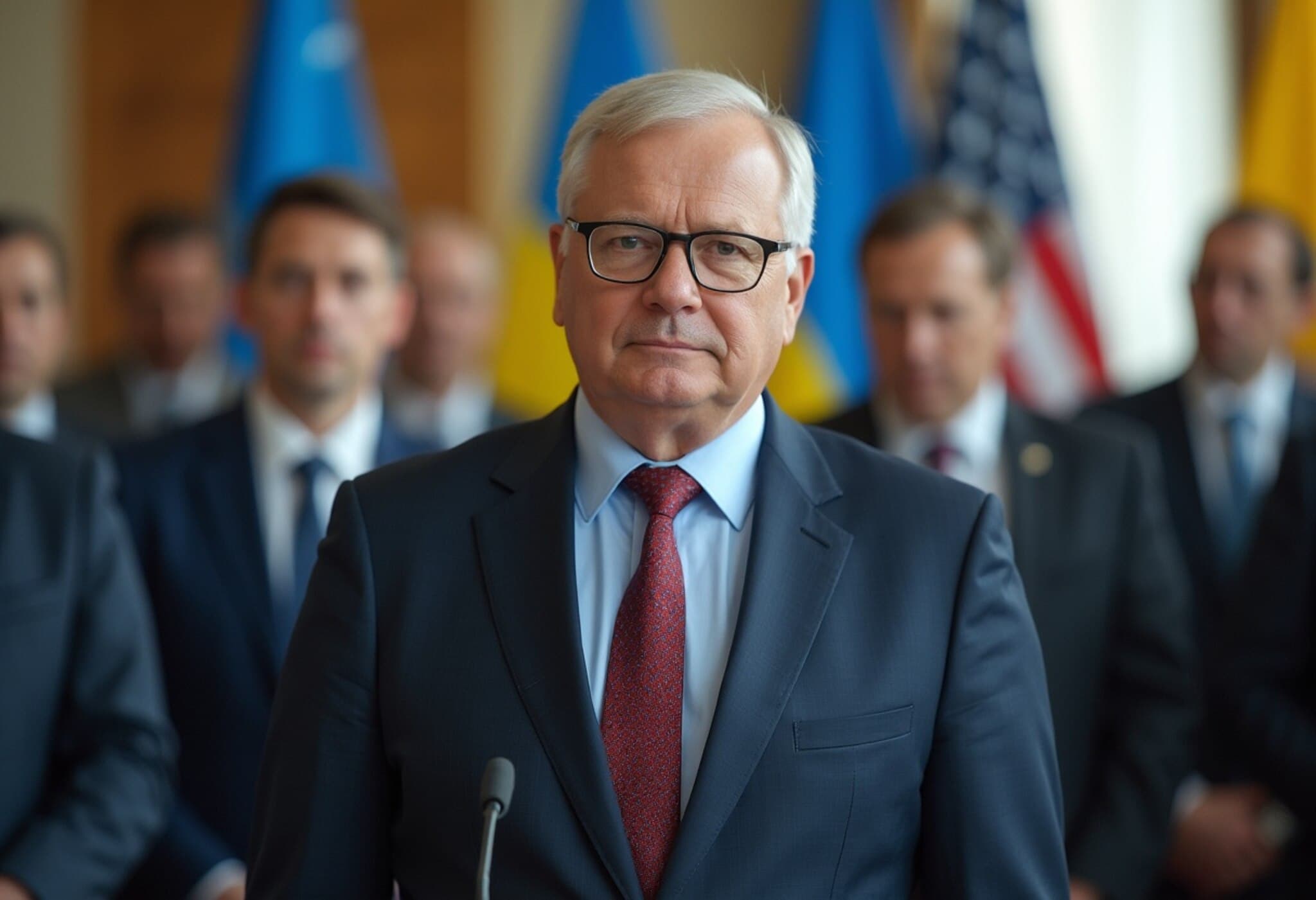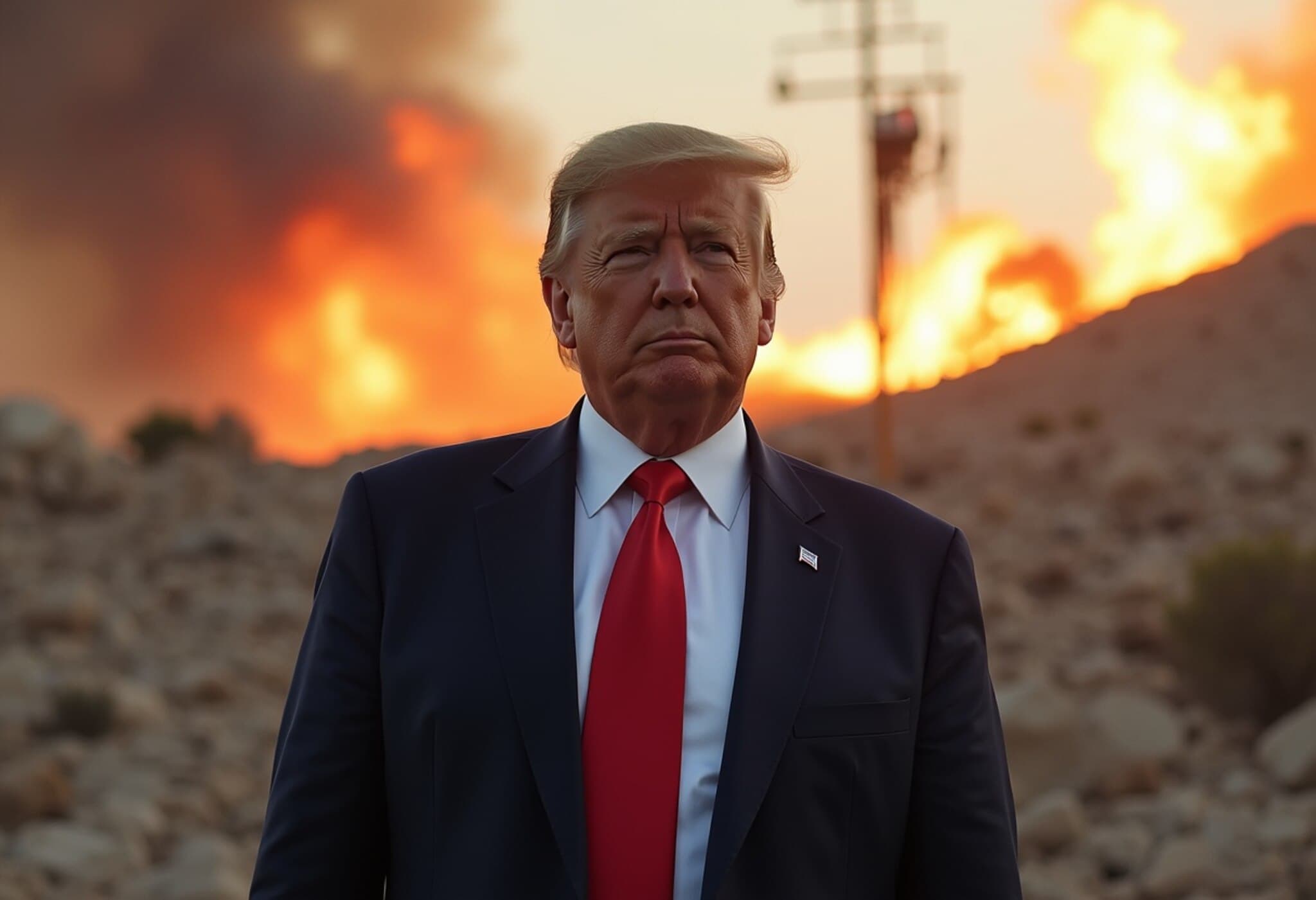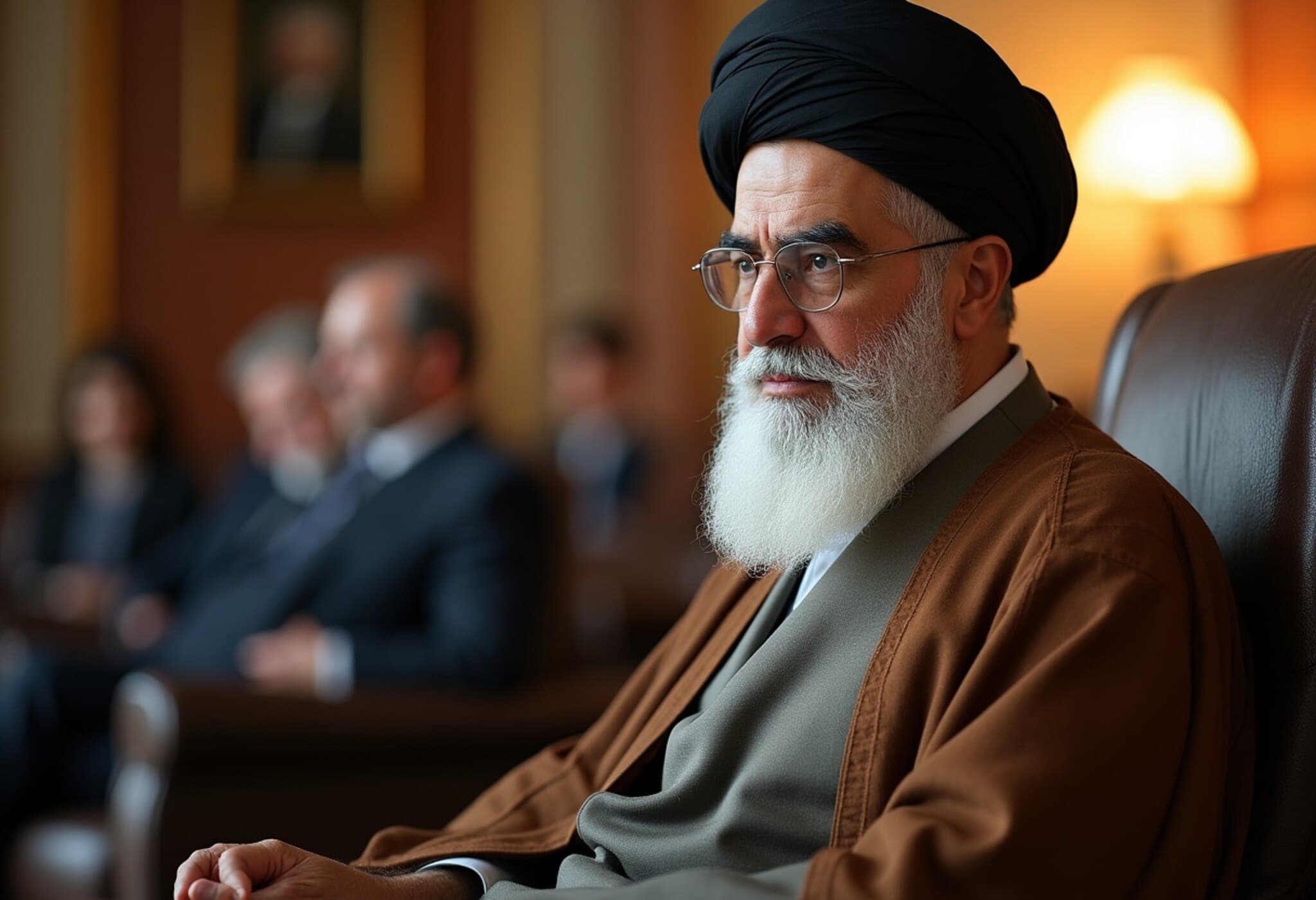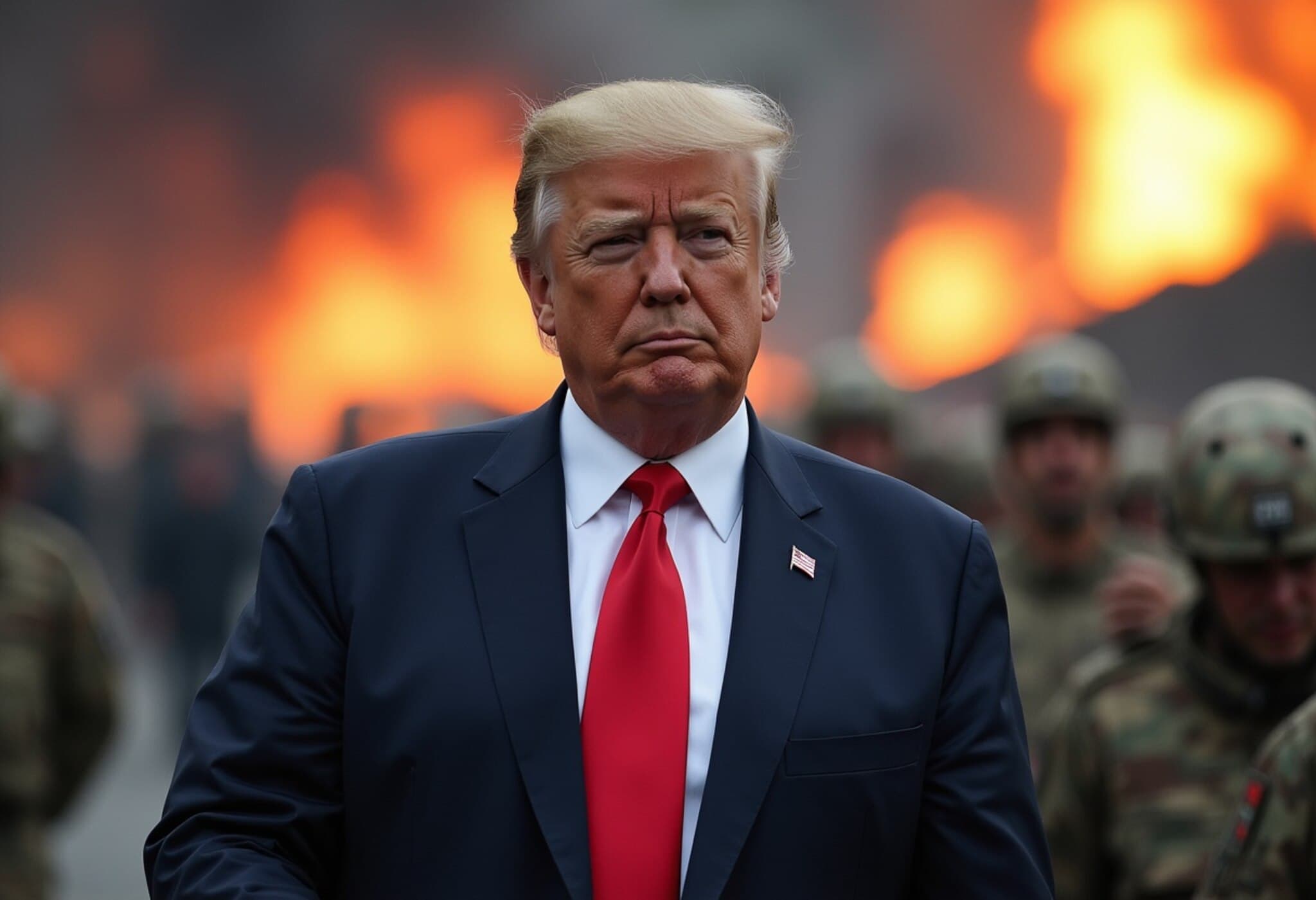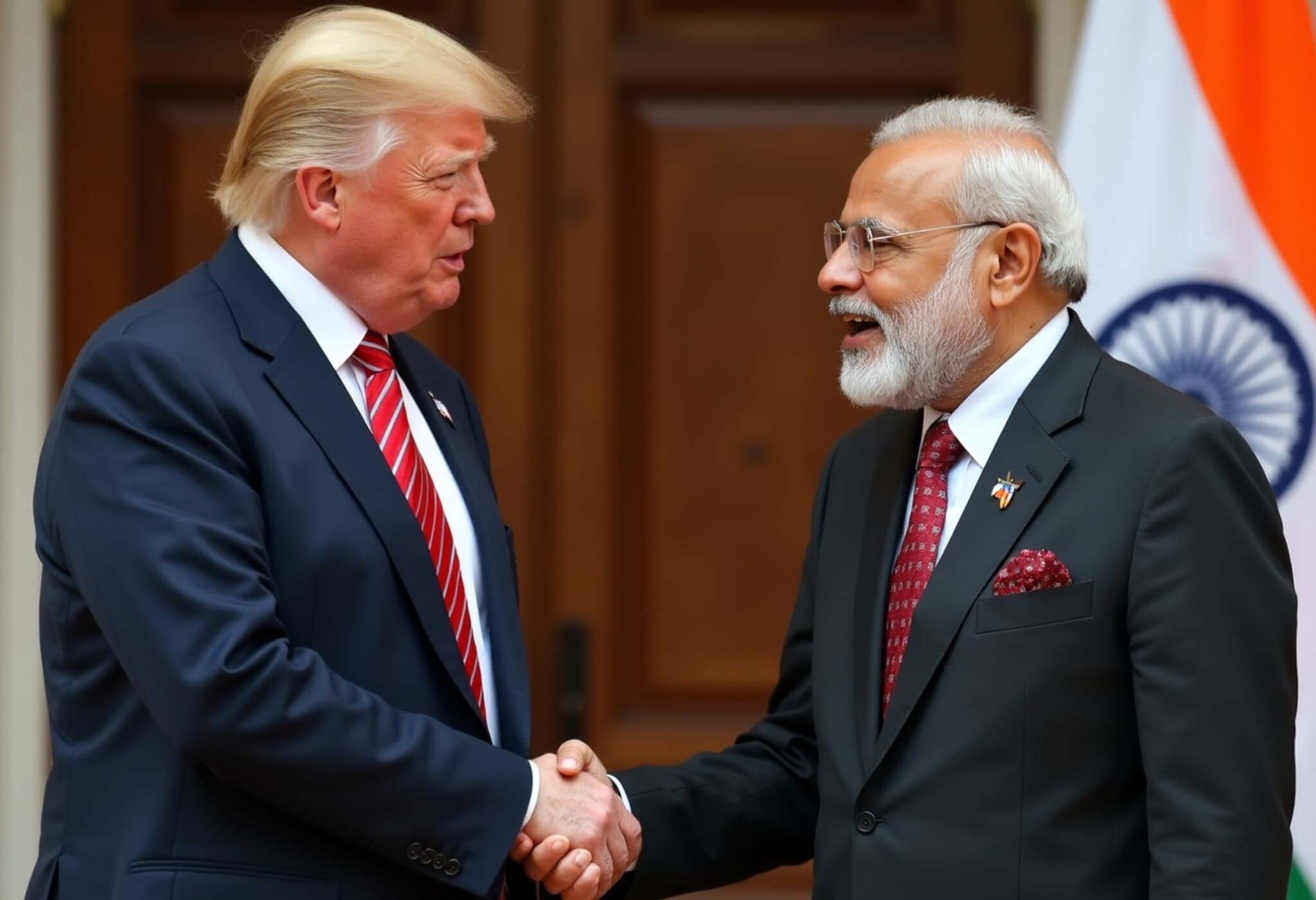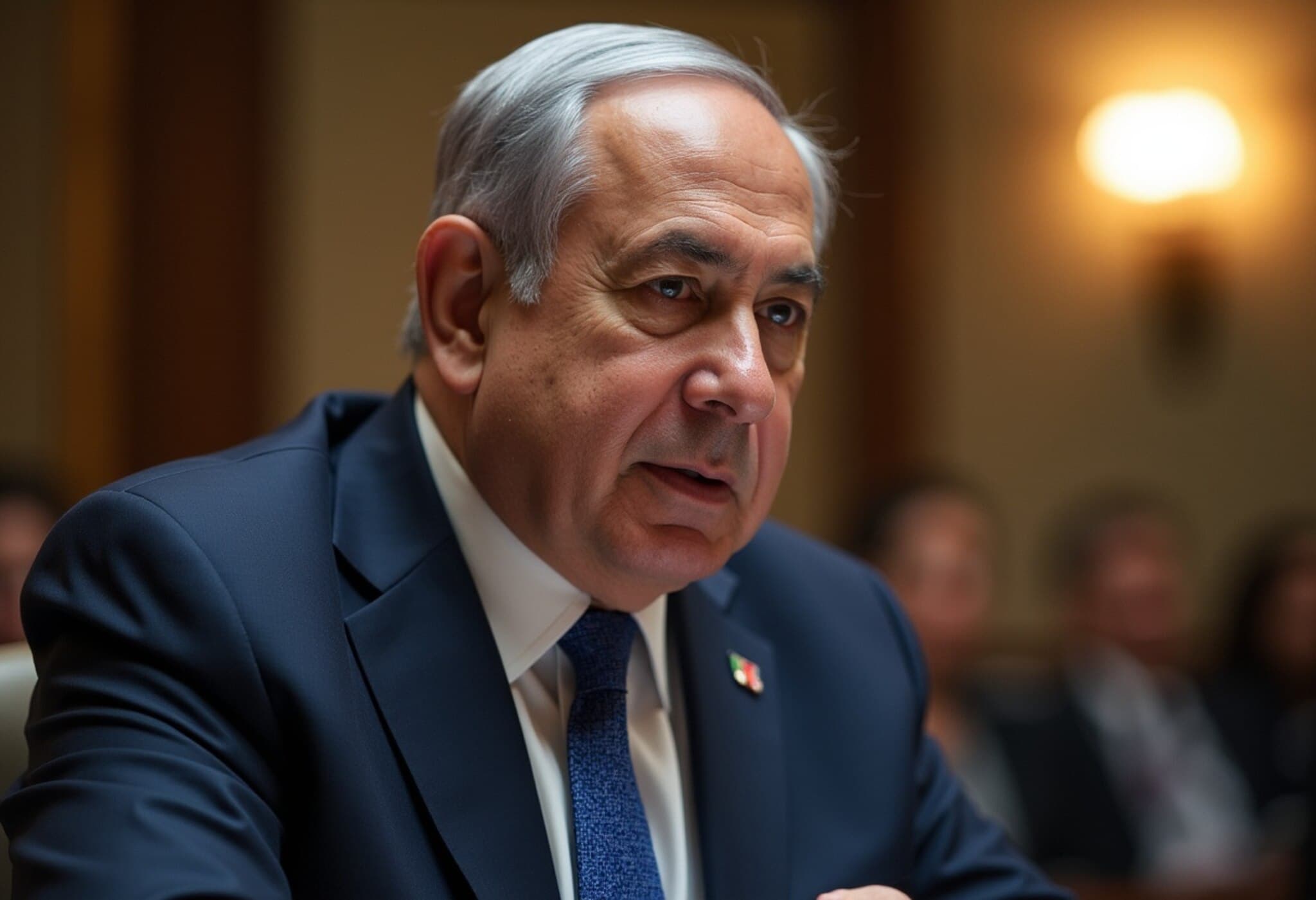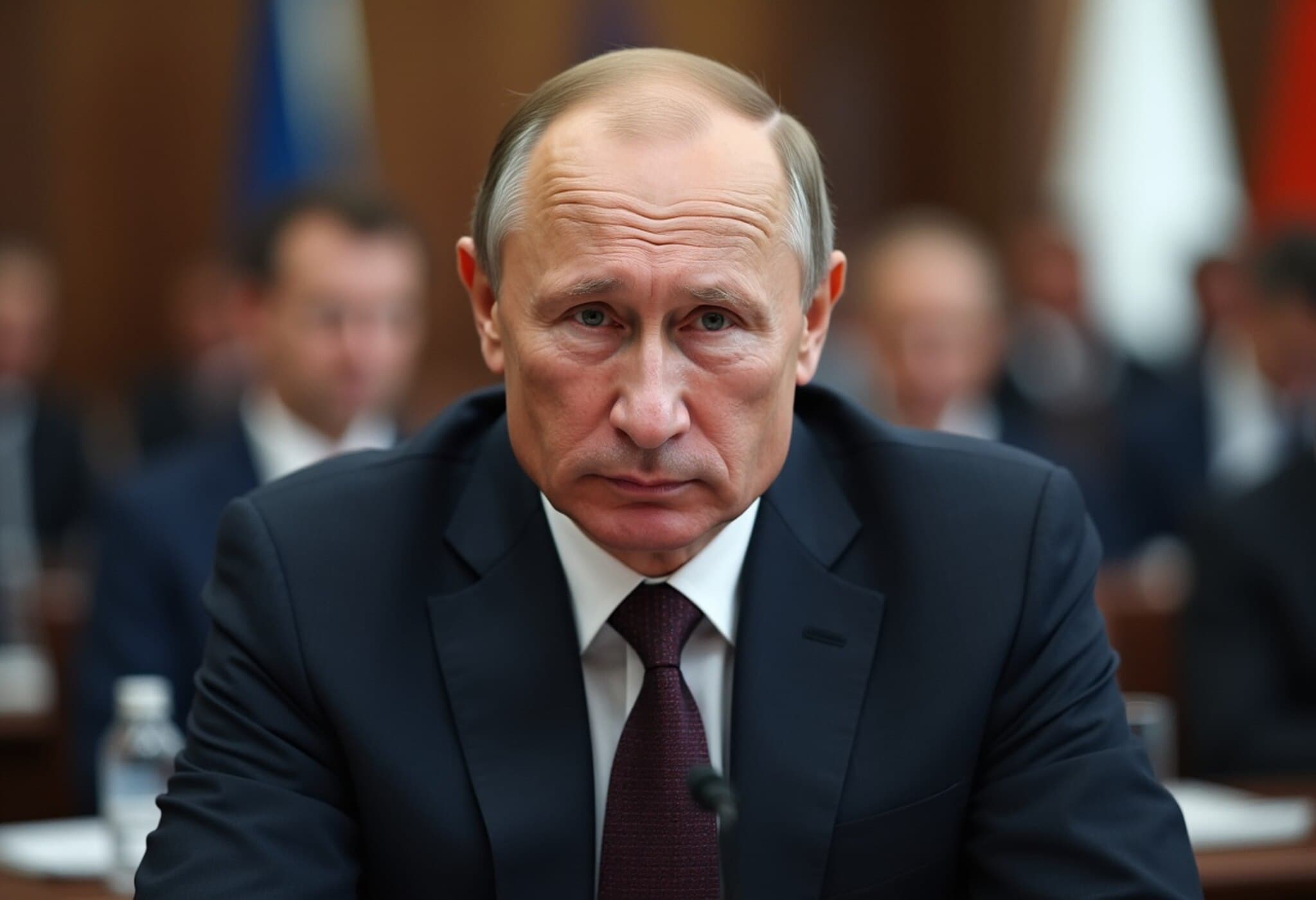Ukraine Signals Strategic Shift in Diplomacy Amid Ongoing Conflict
In a landmark move reflecting the heightened stakes of Ukraine's ongoing conflict with Russia, Ukrainian Foreign Minister Andrii Sybiha has announced a comprehensive reorganization of the country's foreign ministry. This restructuring signals a clear departure from previous defense postures, most notably through the formation of a dedicated unit to counter threats from "unfriendly nations" and the removal of a disarmament-focused department—marking Ukraine's firm commitment to never disarm again.
Establishing a Dedicated Counter-Threat Unit
Addressing the diplomatic community on July 9, 2025, Sybiha detailed plans to create specialized sub-departments within Ukraine’s Foreign Ministry. Particularly notable is the new unit assigned to monitor and respond to activities from "unfriendly countries," an expanded definition that goes beyond Russia to include its allies such as Belarus and North Korea.
“This is not about bilateral relations,” Sybiha emphasized, “but about countering threats. Ukraine is defending itself from full-scale aggression, and our policy must prioritize the neutralization of threats.” The exclusion of China, Russia’s significant geopolitical backer, from explicit mention points to a nuanced diplomatic approach amid complex international dynamics.
Initially, this sub-department will be overseen by Sergii Kyslytsya, the First Deputy Minister and former Permanent Representative to the United Nations, though a permanent head is yet to be named.
Disarmament Unit Disbanded: Securing Ukraine’s Defense Future
In a symbolic break from the past, Ukraine’s Ministry of Foreign Affairs will dissolve its historic Disarmament Unit. The newly formed Department of International Security and Defense of Ukraine will take its place, underscoring a resounding declaration: Ukraine will not disarm in the face of aggression.
Sybiha remarked, “The times when the ministry had a department with the word ‘disarmament’ in its name will forever remain in the past... Ukraine will never disarm again.” This change appears not only tactical but emblematic of Ukraine’s pivot towards a more robust security posture amid protracted regional instability and threats.
Focused Diplomatic Outreach: A Renewed Global Strategy
Beyond confronting immediate threats, the ministry is streamlining its global diplomatic efforts. A separate NATO sub-department will be formed to reflect Kyiv’s priority goal: integrating into the transatlantic alliance.
Previously, NATO and European Union affairs were managed under a single department, but the split signals a more targeted pursuit of NATO membership amidst ongoing security concerns. Similarly, the ministry will create specialized units to foster relations tailored to diverse regions, including Europe, Latin America, the United States, Asia-Pacific, and Central Asia.
Expert Perspective: What This Means for Global Diplomacy
From a policy analyst standpoint, Ukraine’s recalibrated foreign ministry structure illustrates an evolution from reactive diplomacy to proactive threat management and global engagement. The explicit naming of "unfriendly countries" and the dismissal of disarmament resonate as Ukraine’s strategic message to the world and to its adversaries alike.
For U.S. and NATO observers, this signals Kyiv’s intensifying commitment not only to defend its sovereignty but also to deepen integration with Western security frameworks—potentially accelerating discussions around security guarantees and membership pathways.
Questions Raised and Underreported Angles
- China’s strategic ambiguity: Why did the announcement omit direct mention of China despite its crucial role in Russia’s international support network?
- Long-term regional security implications: How will the newly created units influence peace negotiations or conflict resolution efforts moving forward?
- Impact on Ukraine’s diplomatic resources: Can the ministry effectively manage this expanded portfolio amid ongoing war-related challenges?
Looking Ahead: Ukraine’s Diplomatic Front in 2025
President Volodymyr Zelenskyy’s administration appears to be doubling down on a multi-front diplomatic strategy designed to counteract aggression while seeking stronger international alliances. These structural changes in the foreign ministry will likely shape Ukraine’s interactions on the world stage and its internal policy coherence through the conflict’s uncertain future.
Editor’s Note:
This significant overhaul of Ukraine's foreign affairs apparatus speaks to a nation pivoting from defense rhetoric of past decades toward a fortified, assertive international presence. Analysts and global leaders alike should watch closely how these changes translate into tangible policy shifts and diplomatic outcomes. The omission of China from explicit counter-threat lists raises pivotal questions that merit further scrutiny, particularly regarding global power plays and alliance formations. At its core, Ukraine’s move reflects a universal truth in geopolitics: survival often demands adaptation and a bold reimagining of strategy.

